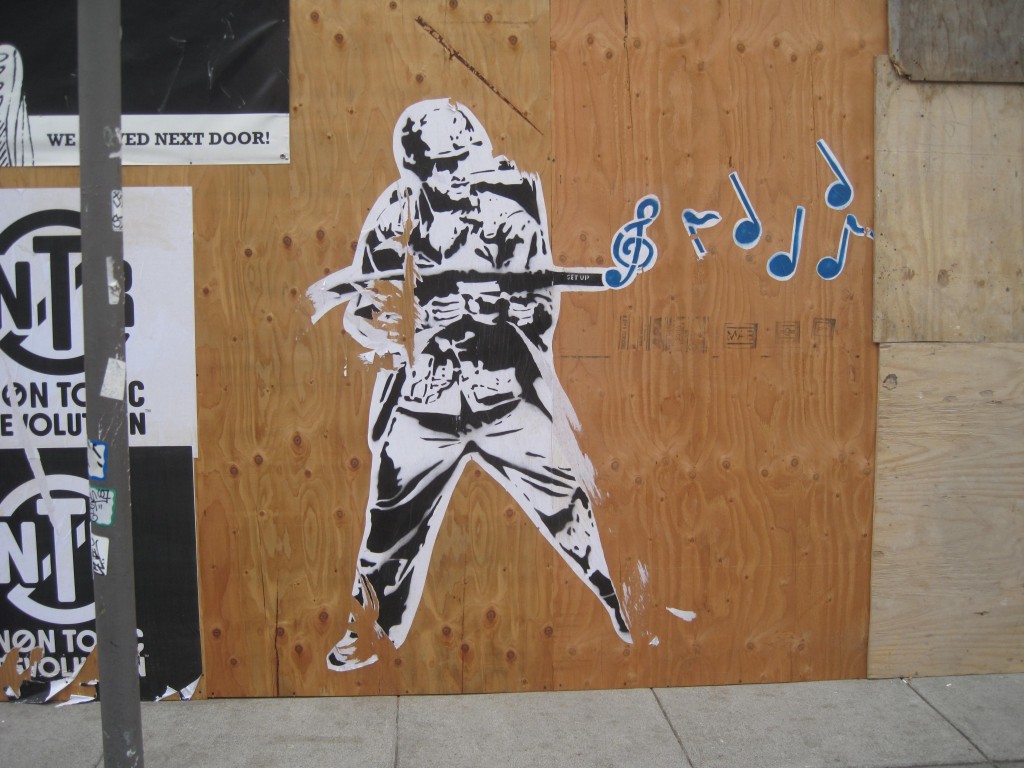
FOR those of us who spend our free time at weekends packed into concert venues appreciating live music or swan around galleries as opposed to quiet nights in watching The Voice, last week’s Budget, in amongst the usual pomp and circumstance, raised an important question.
What does the budget mean on a cultural level for the UK’s music and arts sectors?
The general mood music emerging from the Treasury was sombre, but, within the statement from a Chancellor in George Osborne that rates NWA, Sufjan Stevens and St Vincent amongst his favourite acts, there are the one or two high notes.
£5m has been pledged towards the construction of one of Scotland’s newest cultural buildings, the new V&A museum in Dundee, while a new tax relief for museums and galleries will be introduced in April 2017, aiming to encourage them to invest in temporary and touring exhibitions across the country.
The government will also provide tax relief to orchestras from 1 April 2016, encouraging orchestras to perform across the whole of the UK. However, this seems to be the only ‘positive’ announcement affecting musicians.
With the music industry contributing over £4 billion towards the £84 billion ‘worth’ of the creative industries to the UK economy – one which employs 17,000 people – it’s fair to say that those involved in it could have expected a better deal.
Firstly, what the budget highlights for many commentators is a clear disparity between what can be regarded as the ‘high’ and ‘low’ arts.
“I do worry that there may be an element of snobbishness in how money is allocated. Opera does very well, ballet does well, jazz does very well – but rock and roll doesn’t do so well,” Shadow culture minister Michael Dugher told the BBC.
“We have a real crisis in the system. We are haemorrhaging small music venues – not just in London, but across the whole of the country. We really need to wake up to that and do something about it. We are extremely concerned that local authorities will be hit by another major cut to their budgets when local arts provision is already under pressure,” he continued.
For music venues up and down the country, the chance to apply for arts funding from local arts bodies may represent a lifeline for them to continue their very existence, against a backdrop of closures that has seen 35% of small and medium size venues shut since 2007 in London alone.
Culture minister Ed Vaisey suggested some time before the budget that “a vibrant music venue which is breaking new acts has just as much right to be considered a cultural venue as a local or regional theatre,” at a conference on live music.
What the budget seems to suggest is a certain ‘rehashed’ rhetoric that goes far wide of the target of increased support for music and the wider cultural industries in the UK problem. A report by the Arts and Humanities Research Council (AHRC) suggests that these often ‘familiar’ claims about the importance of arts and culture cannot always be substantiated due to the lack of thorough research into the impact of arts and in general.
The report, entitled ‘Understanding the values of art and culture’ concludes that the value derived from arts and cultural activity arises primarily at the individual level, but recognises that this can be a catalyst for wider benefits, like better civic engagement, stronger communities, economic benefits, good health and well-being, and positive educational outcomes.
One final consideration from a musical perspective concerns what is known as the “withholding tax”, which may have particular relevance for the worldwide music industry and connected creative sectors.
Transactions involving musical royalties between two companies, one being in the UK and the other abroad, are at the moment allowed to withhold tax at reduced rates (often zero percent), to reduce the complexity of handling tax across different jurisdictions. However, from Thursday, 17th April the law changes so that tax will now be withheld at the full relevant UK tax rate.
This will no doubt have a knock on effect for the 69,000 registered musicians across the country. A country which represents the second-largest provider of recorded music in the world and accounts for 13.7% of global music sale, actually outperforming the UK economy in terms of growth.
Perhaps it’s time for the Government, and Chancellor Osborne, to show culture some love and appreciate the true benefit our music and wider cultural industries brings not just our pockets, but to our minds too.








